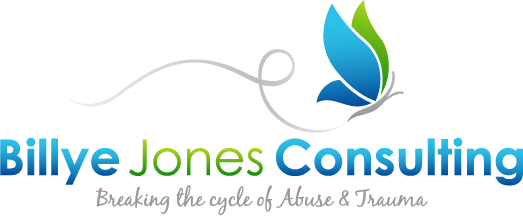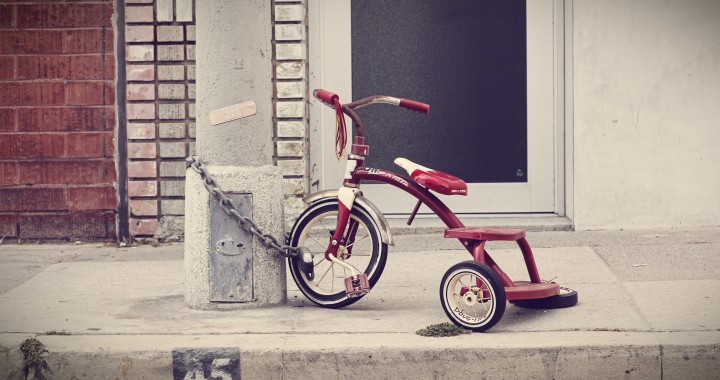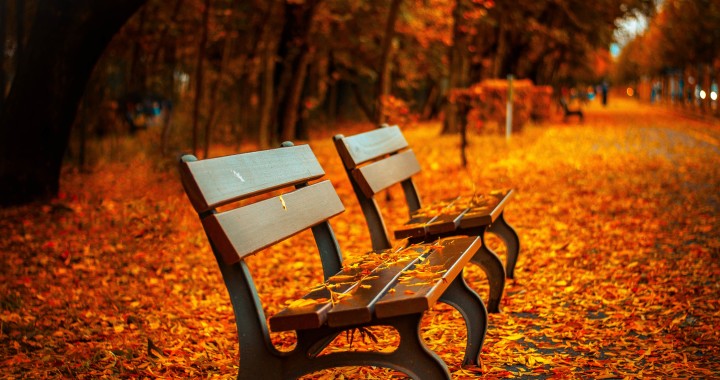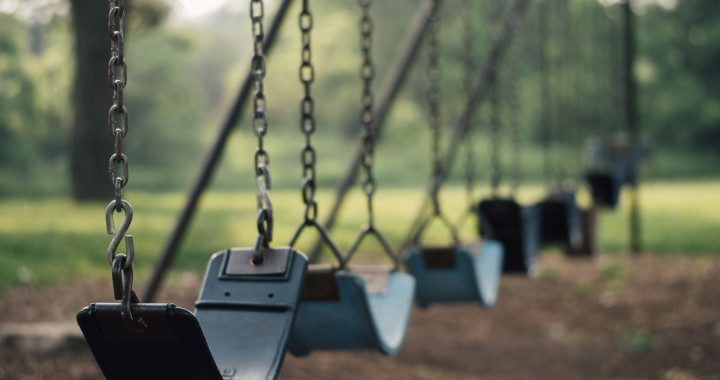In trainings, I always get push back when I tell adults they must teach children the correct names of their body parts. We still struggle with how to educate children about their bodies and often still don’t tell children the correct name of their body parts. I know this might be hard to believe in 2016, but I want to make the case (again) for why it is important to educate your children to know the correct names of their body parts.
- Reduces Shame and Stigma about the Body
Many children are told their private parts are dirty, unmentionable, or something to be ashamed of. If we hear these messages at a young age, it sets the tone for body image issues for the rest of our lives.
- Increases likelihood of Disclosure
If a child is trying to disclose abuse, the person they reach out to may not know the name that the child uses for that body part.
This happens frequently. What if you told a child that the name for her vagina is “purse.”? What if she goes to her teacher and says someone touched her “purse”? What if the teacher doesn’t understand that “purse” means vagina? A disclosure of abuse may have been missed. I am not making this up – this really happens. If the child is bilingual they should know the names in both languages. This allows them to communicate and be understood. This one simple act can make a child safer.
- Awareness Prevents Abuse
If a perpetrator is looking to identify a vulnerable child, they will often avoid a child who knows the names of their body parts. To the potential abuser, a child that has been educated and empowered will most likely disclose potential abuse.
I hope these three reasons are compelling enough for you to consider making a change. Like I mentioned before, these are some of the things we can do to make a difference in children’s lives.









